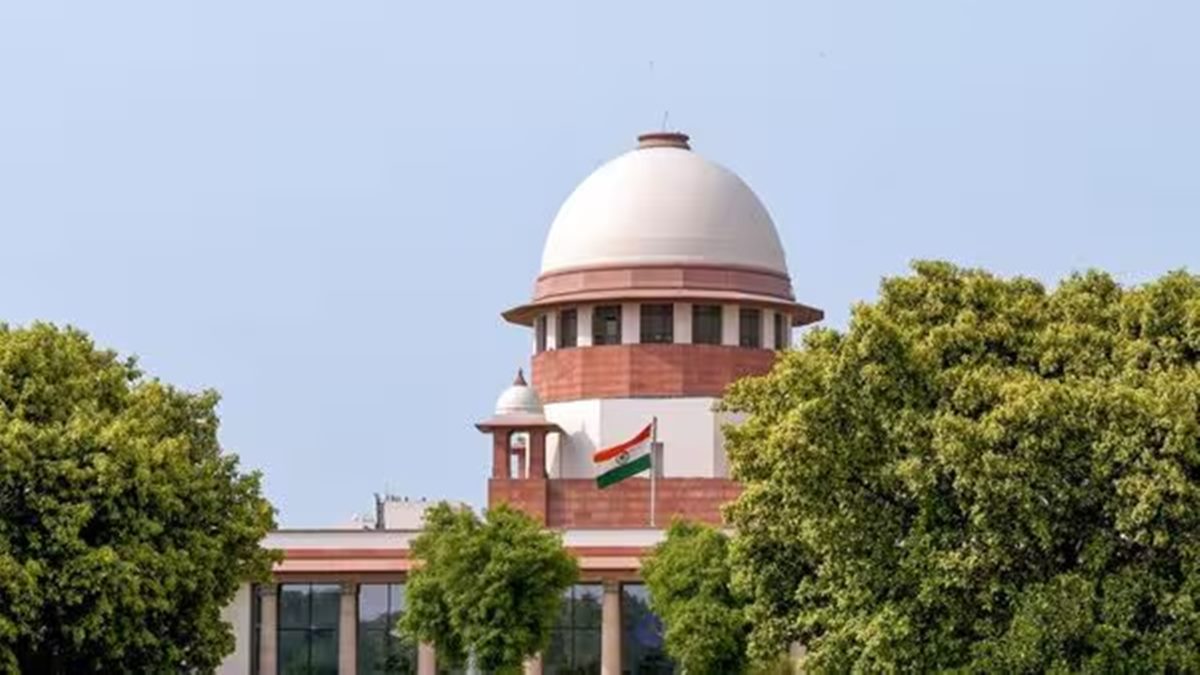In a landmark judgment aimed at strengthening the rights of transgender persons, the Supreme Court on Friday constituted a dedicated committee to facilitate equal employment opportunities, inclusive medical care, and protection for gender non-conforming individuals, according to Bar and Bench report.
The move comes alongside a compensation order for a transwoman whose teaching appointments were terminated due to her gender identity.
What did the Supreme Court decide?
A Supreme Court Bench comprising Justices JB Pardiwala and KV Viswanathan delivered the verdict, emphasising the importance of securing the future of the third gender.
The court constituted a committee to monitor and implement measures for equal opportunities, protection, and inclusive medical care.
“The committee to look at equal opportunities, inclusive medical care, protection for gender non conforming persons. We have awarded compensation to the petitioner considering how her services were terminated. We hope the future of the third gender is secure with this. We have framed guidelines and any Institutions which does not have guidelines shall follow the same till Centre brings a policy,” Bar and Bench quoted the Supreme Court bench.
Who will be on the committee?
According to Bar and Bench report, he committee will be chaired by retired Justice Asha Menon and will include:
- Transgender activists Grace Banu and Akai Padmashali
- Gaurav Mandal, member of CLPR Bengaluru
- Dr Sanjay Sharma
- Senior Advocate Jayna Kothari as amicus curiae
The Supreme Court has framed guidelines to ensure institutions comply with measures until the central government introduces a formal policy.
What triggered the ruling?
The judgment arose from the case of a transwoman whose appointments as a teacher were terminated by two private schools in Uttar Pradesh and Gujarat. She had previously been issued appointment letters in both states but was allowed to teach for only six days in Uttar Pradesh and was denied joining in Gujarat.
This case underscores the systemic barriers faced by transgender persons in the workforce and highlights the judiciary’s active role in protecting their rights.
Why is this important?
The Supreme Court’s decision is a significant step towards ensuring that transgender persons receive equitable treatment in employment and medical care. By instituting a dedicated committee, the court seeks to create long-term safeguards for the third gender, offering both legal and institutional support until national policies are firmly established.




















